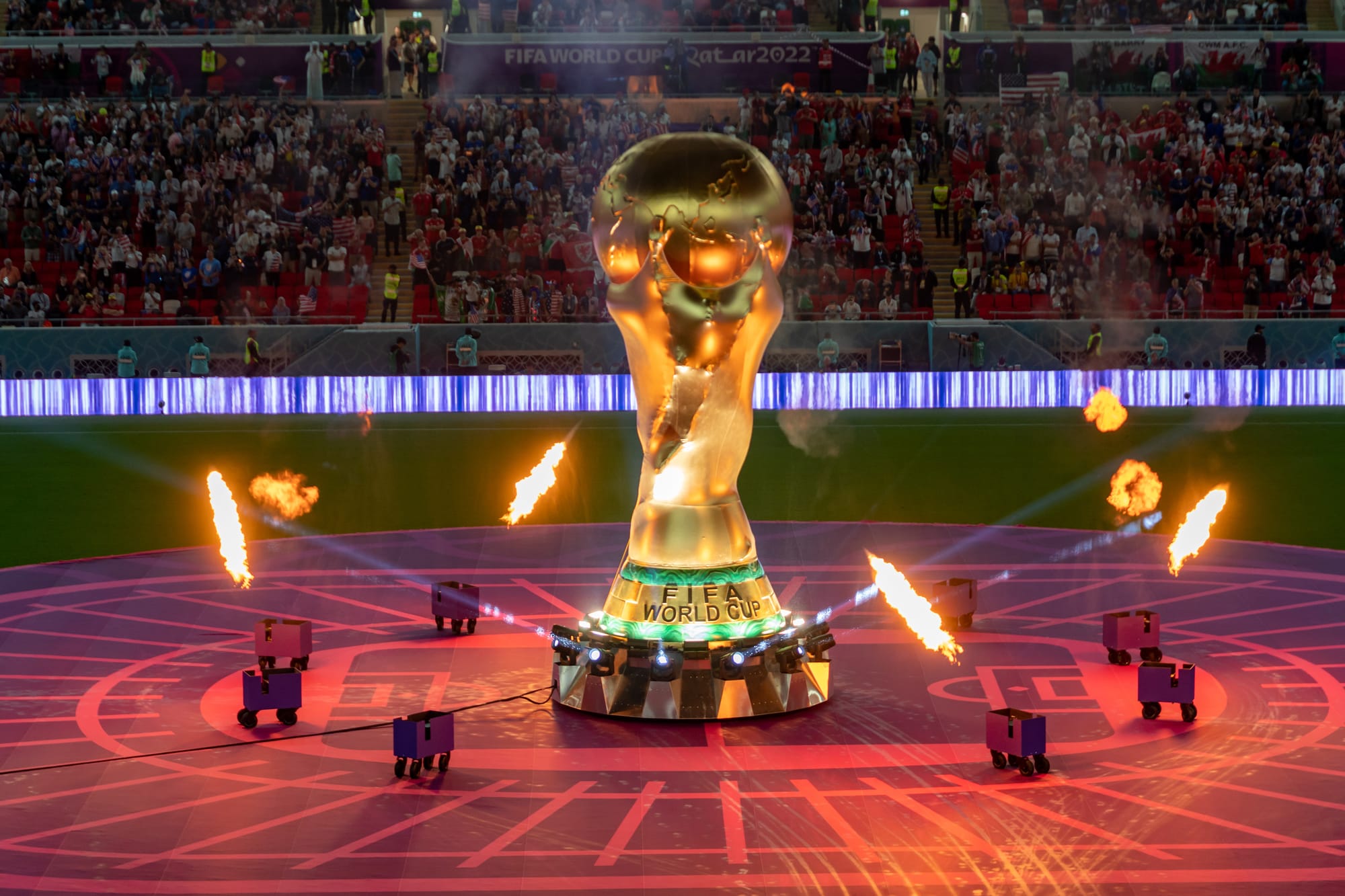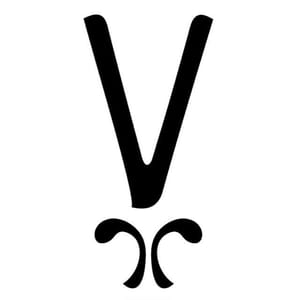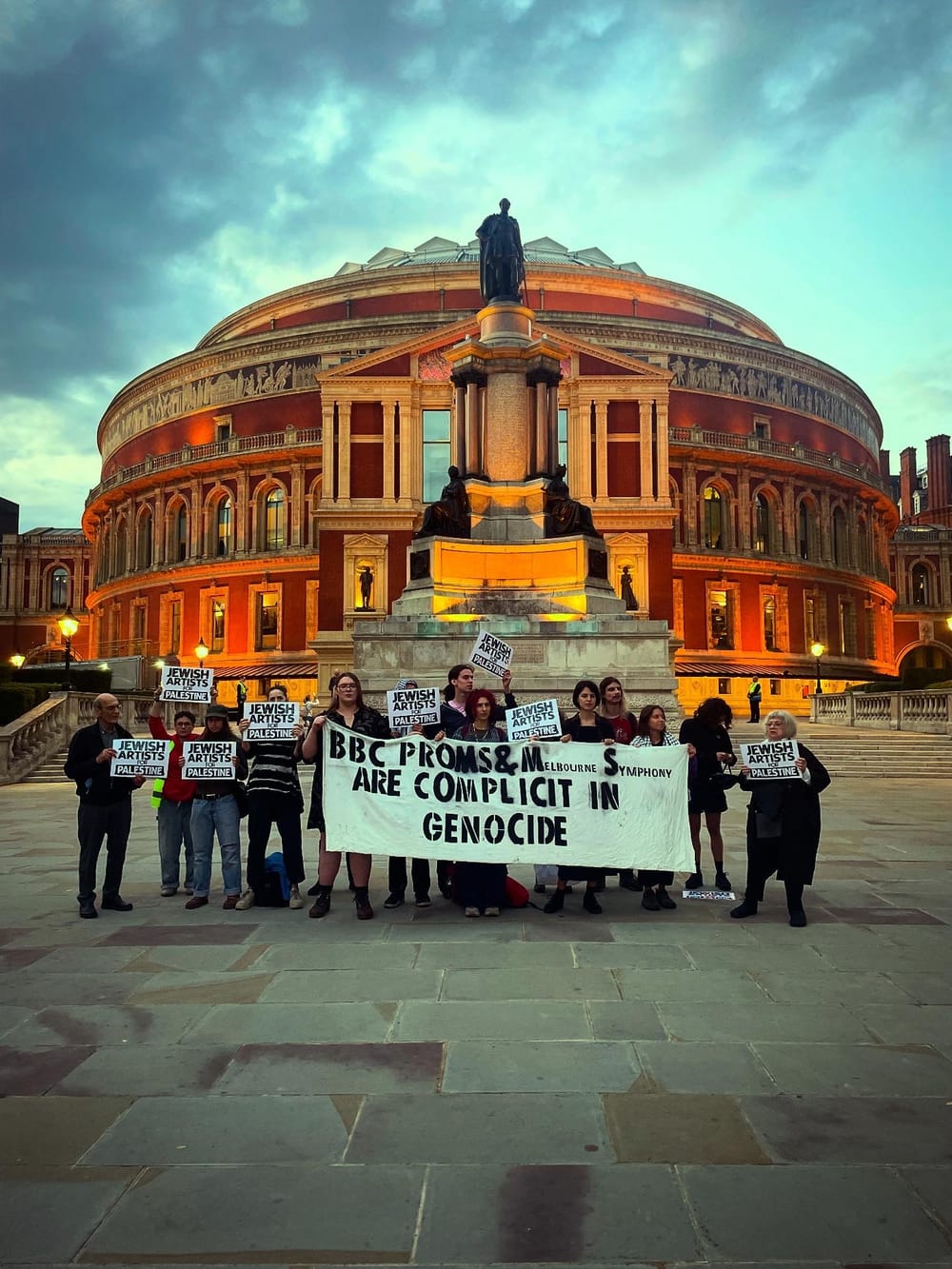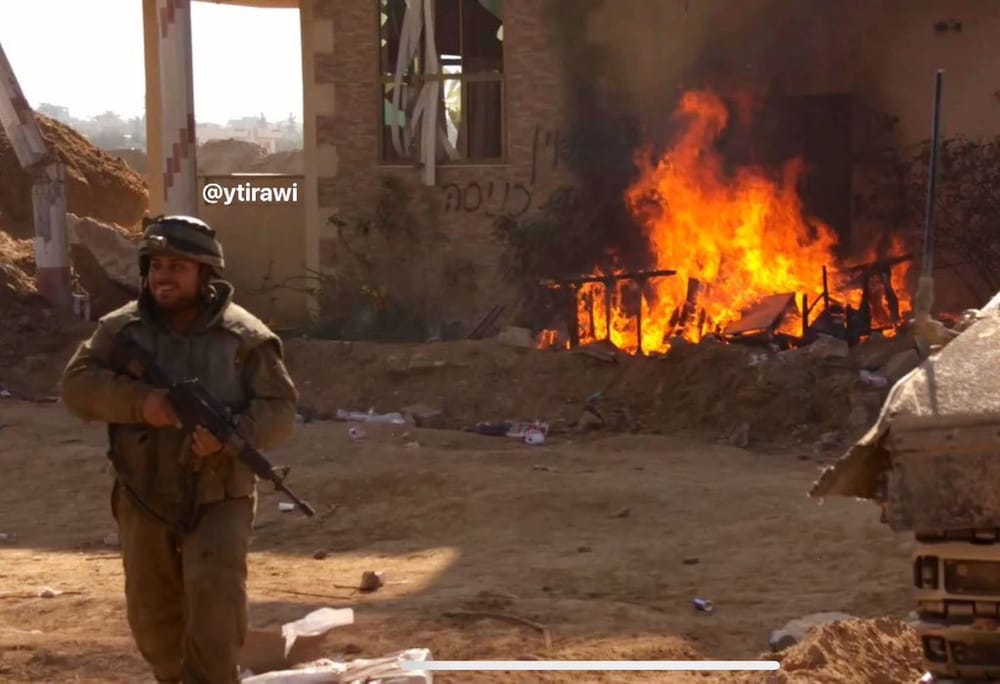A parable of the Magpies
How Saudi investment in Newcastle football club might teach Britons to let go of their main character syndrome

In the northeast of England lies the noble territory of Newcastle-upon-Tyne. It was there that coal-burning furnaces, steam power and human endeavour once fuelled the engines of empire. However, as Great Britain shrunk down to its current post-industrial, post-imperial size, this Promethean vocation fell into oblivion, and with it the city’s shared sense of purpose and identity. In its wake emerged a new totem: Newcastle United Football Club (NUFC).
While a formidable, respected competitor in England’s top leagues throughout the 20th century, by 2021, the club had fallen on hard times. Under the direction of a foolhardy owner, its exalted status began to wane, engendering a feeling of despondency among its fanbase. Then, one day, by the grace of the UK’s lax regulatory environment came what seemed to be a moment of redemption: the Saudi Public Investment Fund (PIF) decided to buy a majority stake in the organisation. Finally, a Kingdom worthy of this (New)castle.
For the NUFC devotees, the prospect of tapping into the financial might of an oil-rich nation-state to achieve sporting glory awakened a long-dormant sense of destiny. In an era of world football where triumph and honour are increasingly determined by the size of one’s patron, the relinquishing of NUFC as a historical and communal institution, and its repackaging as a foreign-owned commercial asset and brand, was a small price to pay for the possibility of success on the pitch. Such is the state of English football culture;that fans, rather than rail against the financial inequalities of the football pyramid, invest their hope in becoming one of the lucky, moneyed few.
As the local population rejoiced over the fortuitous appearance of this cash cow (a golden calf?), the sages and high priests of Britain’s established order – for whom the opinion section of the Guardian serves as its spiritual home – offered only recrimination. By opening the doors to the Saudis, it was argued, the UK was lending its moral imprimatur to the forces of “Middle Eastern” illiberalism and intolerance. It allowed a malevolent, human rights-abusing actor to “sportswash” its reputation, by being treated as an acceptable figure within polite English society. While we may look the other way as exploitative, tax-dodging, reactionary, homegrown industrialists flood our sport with ill-gotten gains, a line must be drawn somewhere, they cried.
And so a truly British drama played out, with devil-dealing pragmatists on one side and highfalutin moralists on the other. However, for those able to see beyond such parochialism, it was clear that the real story lay elsewhere. For, this struggle for the soul of the British nation took place not on the plane of reality, but within the deluded fantasies of an out-of-touch British public; one that had lost sight of its current status in the world. While the two sides bickered over how far their tolerance and welcome should extend, they failed to look around them and see that their high ground and dominion had already been forfeited. It was they, all of them, who were on the outside looking in, from a lowly position of dependence.
Indeed, for the Saudi regime, the purchase of NUFC was never an entry point to respectability, but rather one manifestation of a much larger sea change. Within this new geopolitical environment, an economically weak and diplomatically unreliable Britain plays the role of neither rules-maker nor moral standard-bearer. Rather she serves as a passive stockpile of assets and influence to be bought at cut-rate prices. In fact, all across the UK, not only Saudi Arabia but also the UAE have gobbled up billions of pounds worth of real estate, critical infrastructure, energy, banking and tech. Seen from this angle, Britain is no longer the proactive, self-determining guardian of the liberal order it imagines itself to be, but rather an otherwise lifeless vessel animated by the unruly spirits of foreign capital that possess it.
In the world of football, this reality has become apparent over the past several months. From mid-June to mid-July, Saudi and American capital teamed up with FIFA to launch the Club World Cup, an event that seeks to wrest control of the beautiful game from European dominance, to the chagrin of many in the UK. To add to the betrayal, this August the Saudi state began making moves in the transfer market that seemed to place broader financial interest above the well-being of Newcastle the club. Where once Saudi wealth seemed either a bounty to be pillaged and exploited, or a poisoned chalice to be roundly rejected, it has since become clear that it was indeed this wealth that was dictating the terms the entire time.
_______
For those of us with little interest in football, but with a burgeoning desire to fight for a more just world, what might we make of this parable? I would like to offer one interpretation.
Perhaps, it calls upon us in Britain to humble ourselves; to come to terms with the fact that the global system is not a stage where our moral struggles are played out. Whatever transformations take place across the world, including in epoch-defining flashpoints such as Gaza, future events will not simply follow the script of a decolonial reckoning, or serve as a balm for the postmodern afflictions of alienation and meaninglessness, despite many of us on the left placing our hope in such eventualities. Instead, events are more likely to follow the messy, ugly processes by which all new global orders are born.
Recognising that does not mean abandoning a soul-searching over the horrible legacies of empire, or of our complicity in ongoing genocide. It also does not mean that the growing popular stand against injustice has all been in vain. It does mean, however, that we should not expect our righteousness and indignation to serve as the primary motors of history. Indeed, the current concentration of wealth and power in the hands of the few means that growing public sentiment in opposition to Israel’s actions has barely registered at the level of policy change. Nevertheless, rather than simply fall into despair, we can instead use this moment as an opportunity to take stock, not only by disabusing ourselves of our “main character syndrome”, but also finding remedies to what ails us as a society both morally and spiritually.
Newcastle United is known as the Magpies, owing to their black and white kit. Magpies carry significance across lores and in British culture specifically, are an ambiguous omen, portending a coming change, either for the better or the worse. And while, to paraphrase Marx, we are not afforded the privilege of determining the historical circumstances within which such change occurs, we do have the power to choose how to respond. With a bit of humility, foresight and judgement, we might begin constructing an alternative notion of power that draws strength from its own, self-generated impulse towards the Good, rather than through relying on, or merely responding to, the initiative of others. ▼
Dr Matthew Gordon is an academic and international development practitioner with over a decade of experience working in the Horn of Africa, and an editor at Vashti.
Author

Dr Matthew Gordon is an academic and international development practitioner with over a decade of experience working in the Horn of Africa, and an editor at Vashti.
Sign up for The Pickle and New, From Vashti.
Stay up to date with Vashti.



